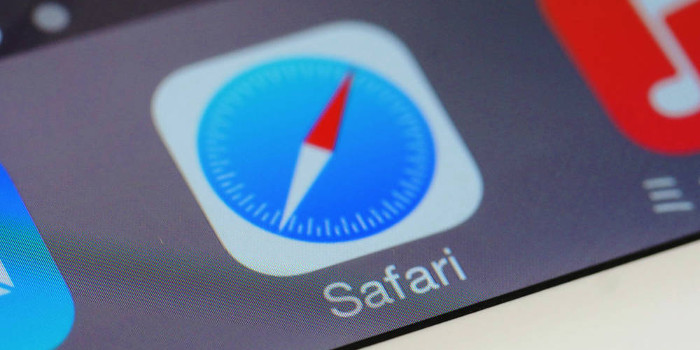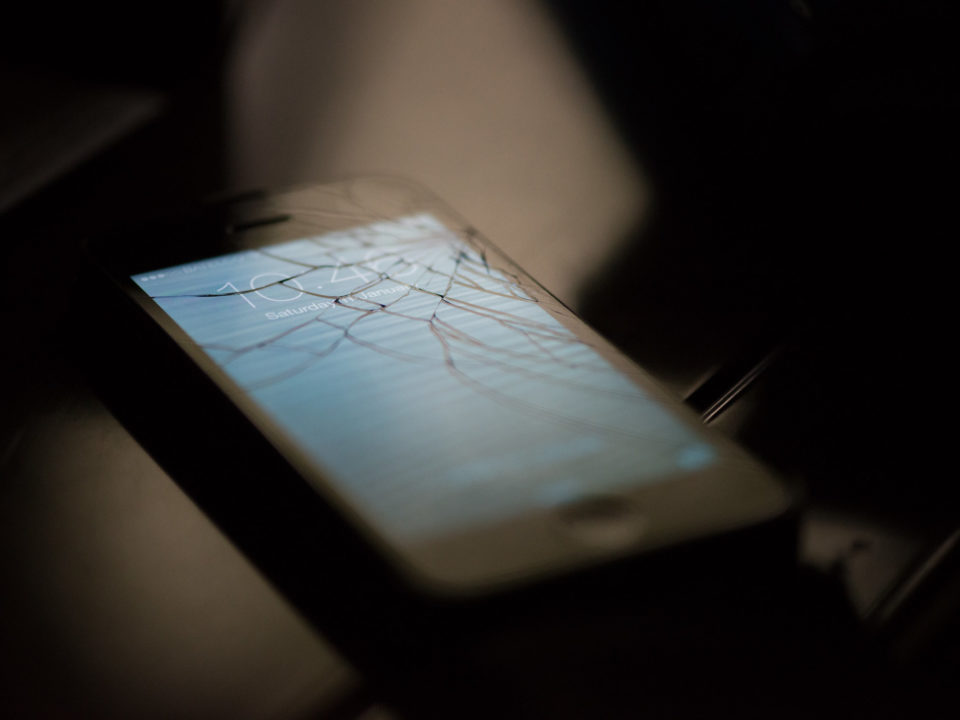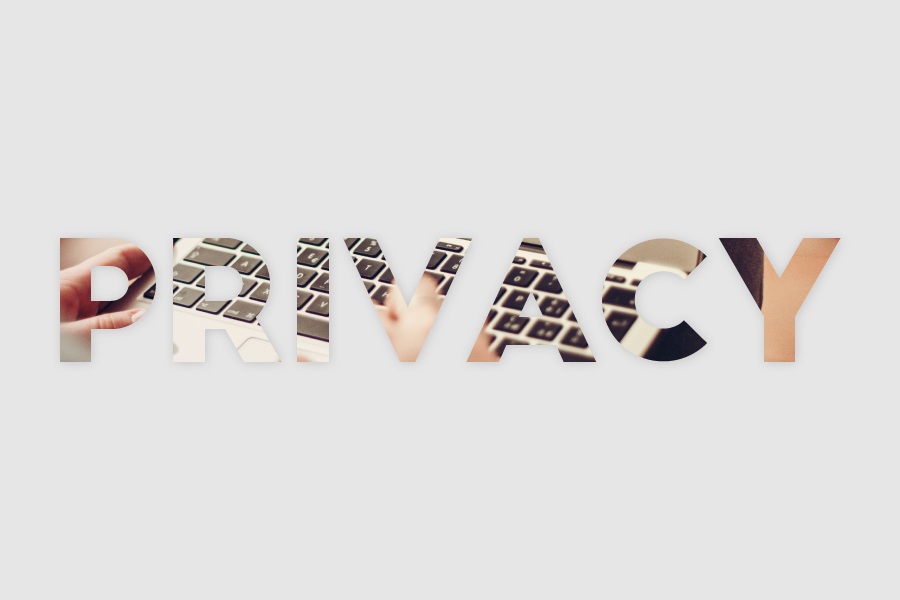
Over the last few years, law enforcement agencies around the country have often battled with tech companies over the use of encryption on devices like smartphones and tablets. It is in a company like Apple’s best interest to keep users data private and safe – to the point where encryption is so strong that tech companies have no way to gain access to that data, let alone the ability to hand it over to the police.
However, a new Senate bill could be poised to change all that – one that would compel technology companies to build “backdoors” into their encryption that would allow law enforcement to access data, no matter what. Detractors are already saying that the bill could be “very dangerous” for Americans, for several reasons that are definitely worth a closer look.
The Problem With a Potential “Backdoor”: Breaking Things Down
The new Senate bill acknowledges the need to use some level of encryption on digital devices to protect user data from hackers and theft, but at the same time makes the argument that this same technology makes it difficult to catch criminals who have been accused of serious crimes. This “lawful access” bill, as a result, becomes the latest in a long line of efforts to force technology companies to give law enforcement access to user data whenever they are presented with a court order.
The problem, of course, is that a backdoor that is exclusive to law enforcement will likely not remain exclusive for long. If it exists, it can be hacked – and at that point, there really is no way to make it more secure. Therefore, people like Representative Zoe Lofgren argue that eliminating encryption makes opening ourselves up to massive hacking and disruption no longer a matter of “if”, but “when.”
Equally notable is the fact that the United States Department of Justice recently signed onto a new international statement warning of the dangers of encryption earlier in October 2020. The US was joined by officials from six countries, including the United Kingdom, Australia, New Zealand, Canada, India, and Japan. This statement also acknowledges the value of encryption – especially as it relates to protecting free expression – but outlines serious concerns about situations where encryption is applied “in a way that wholly precludes any legal access to the content.”
In the end, this backdoor bill is a situation of “cutting off one’s nose to spite their face,” so to speak. It would address the issue of making it easier for law enforcement to catch people accused of serious crimes – to an extent. However, when you consider that A) there is no guarantee that such a backdoor would be used lawfully 100% of the time anyway, and B) it creates a plethora of new problems regarding how easy these devices will suddenly become to hack, it creates a perfect storm in the worst way. If there is a happy medium between these two ideas, this bill probably won’t be it – making it something that people on both sides of the argument will be paying very close attention to, for the foreseeable future.
us senate (2) flickr photo by Sebastian Vital shared under a Creative Commons (BY) license



